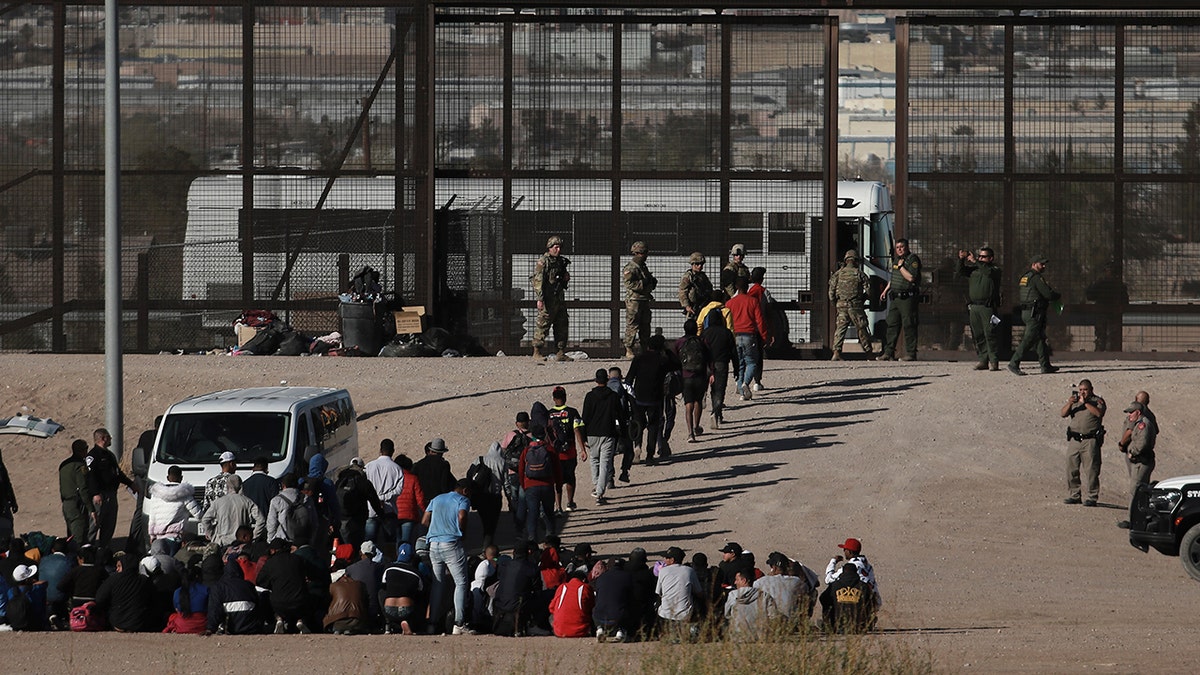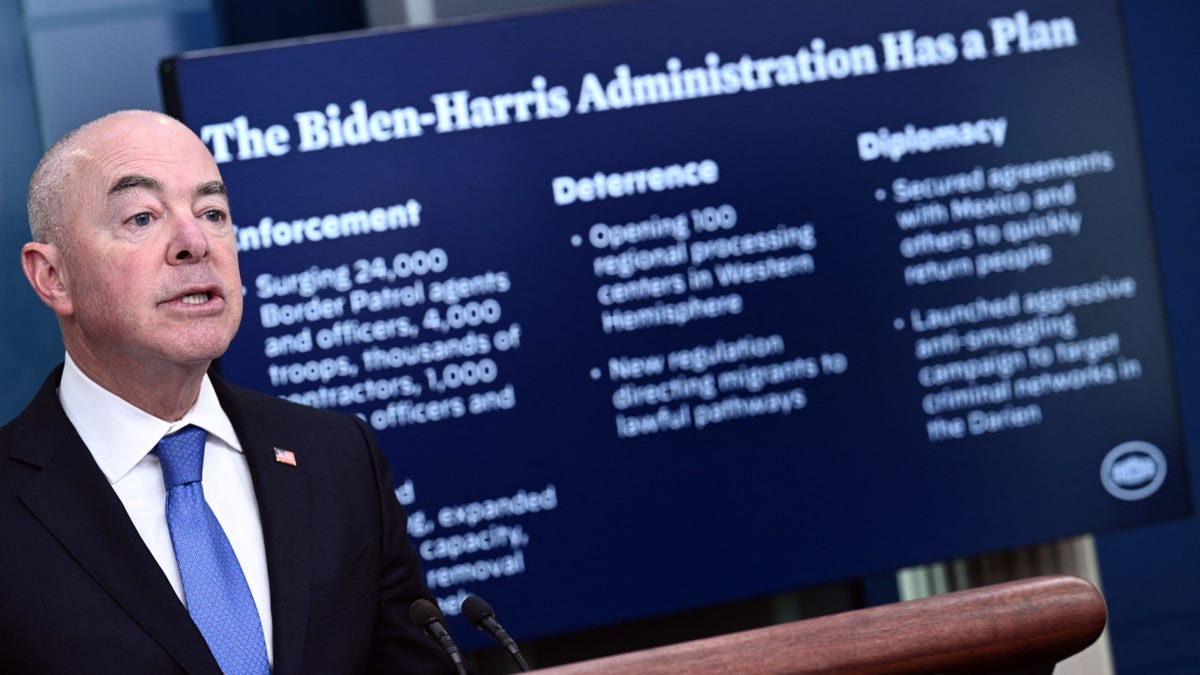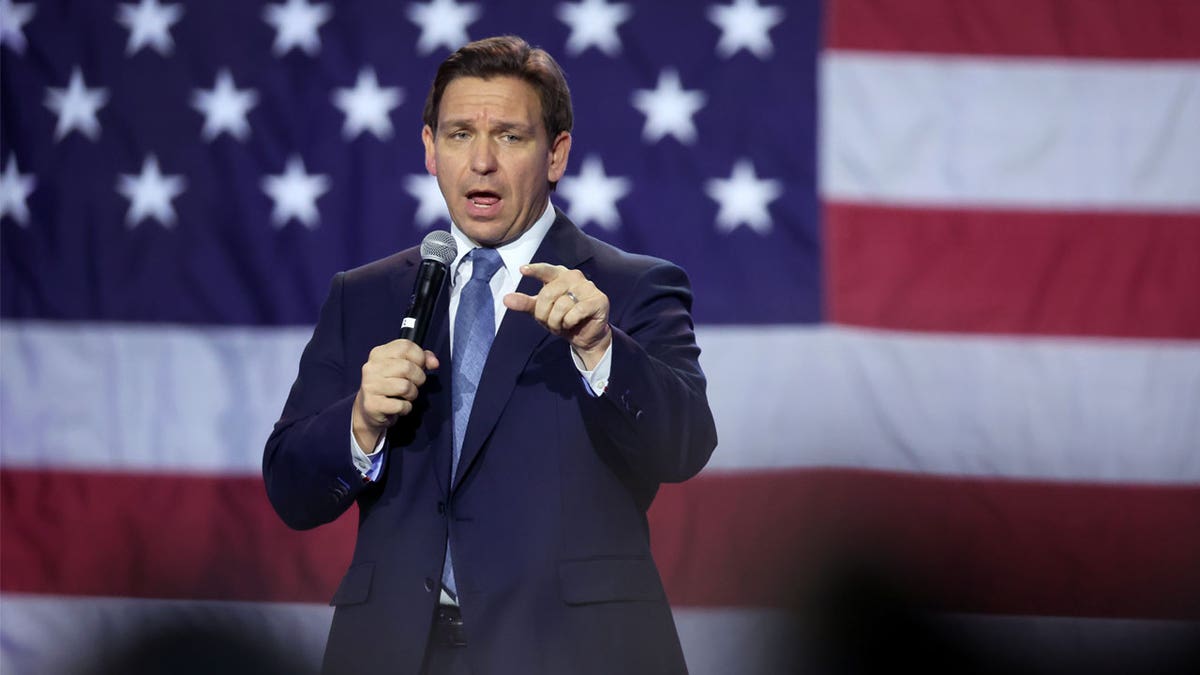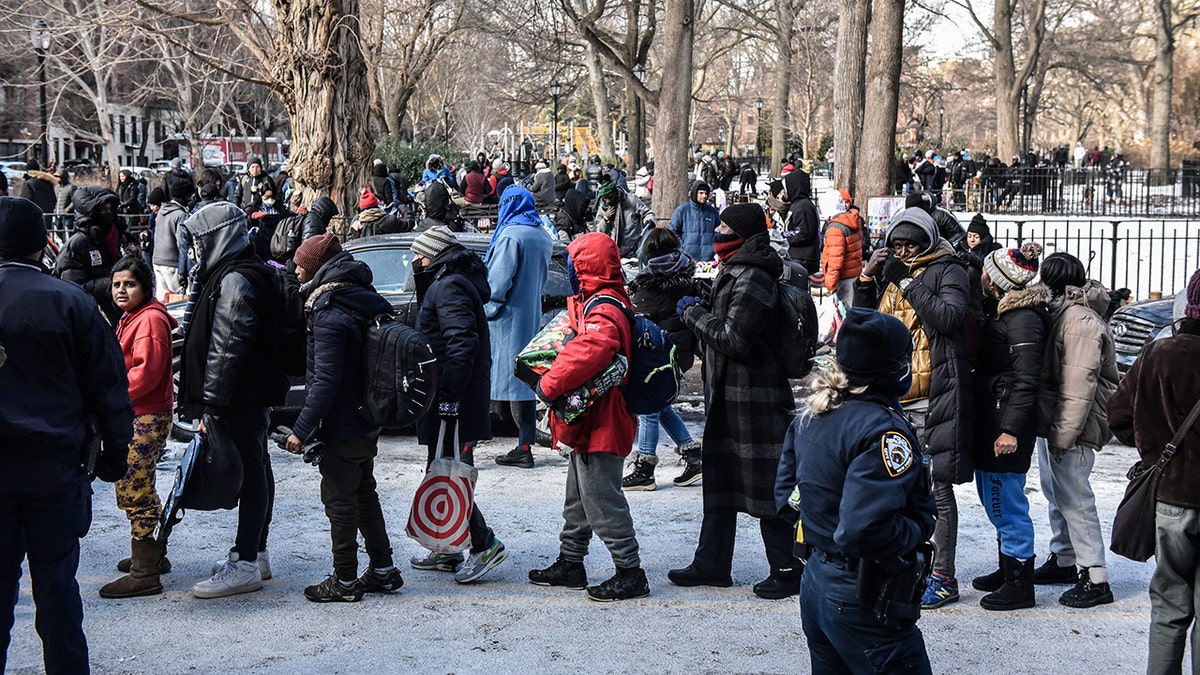The Biden administration has broadened access to its CBP One mobile application, a tool designed to schedule appointments at ports of entry for migrant processing. This marks a near 50% increase since its initial launch, now accommodating 1,450 individuals daily, up from 1,000 before the end of Title 42 in May and 1,250 in June. Acting CBP Commissioner Troy Miller emphasized the app's role in enhancing operational efficiency and security measures at border crossings.

Since Title 42's expiration, over 49,000 migrants have secured appointments through the app's lottery system. The platform also facilitates applications for humanitarian parole for citizens of Haiti, Venezuela, Cuba, and Nicaragua seeking direct entry to the U.S. This approach is central to the administration's strategy to manage illegal immigration following the end of Title 42, working in conjunction with an asylum rule that restricts claims from those who crossed illegally, bypassed the app, or haven't sought asylum in transit countries.
Despite May's migrant encounters exceeding 200,000, DHS officials highlight a 70% reduction post-Title 42, attributing this to their implemented strategies. However, the CBP One app, coupled with expanded humanitarian parole, faces criticism from Republicans and border security advocates who argue that it circumvents legal immigration processes and misuses parole authority intended for case-by-case urgent humanitarian situations or significant public benefit.

Senator Josh Hawley (R-Mo.) has labeled the app a "concierge service" for illegal immigration. Simultaneously, 18 states, spearheaded by Indiana, are challenging the asylum rule, deeming it inadequate and deceptive. Their lawsuit contends that the related parole policies will exacerbate the number of undocumented individuals in the U.S. by expediting access to quasi-legal status, including work permits and social services. Texas has filed a separate lawsuit specifically targeting the CBP One app, while groups like the ACLU have challenged the asylum rule's restrictive nature, drawing parallels to the overturned Trump-era travel ban.









